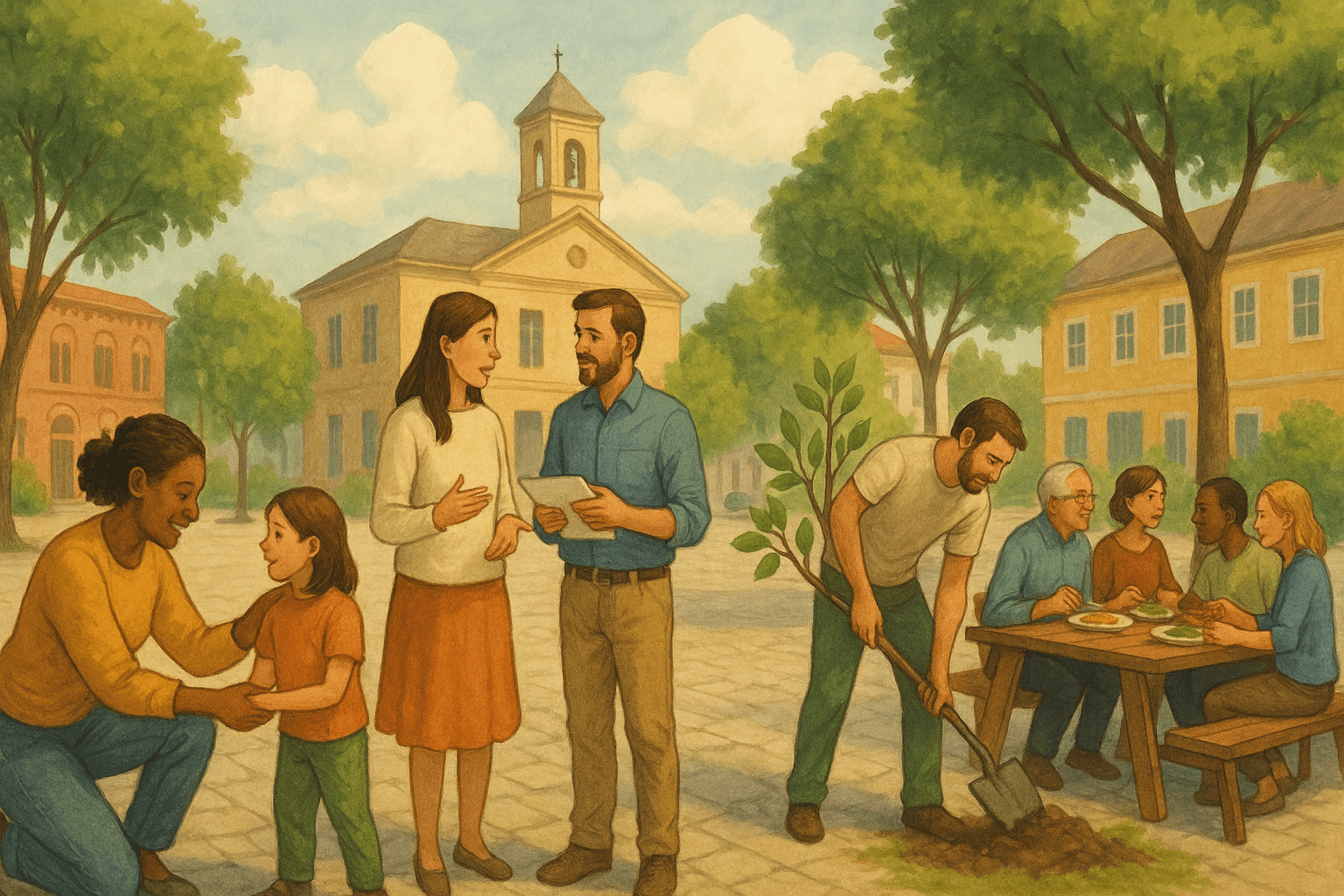Exploring Social Responsibility in Middlemarch: A Journey Through Individual and Collective Obligations

When we think of the classic novel * Middlemarch *, we often remember it for its rich characterizations and intricate plotlines. However, one of its most compelling themes is social responsibility—an exploration of how individual choices ripple through society, affecting others in profound ways. George Eliot masterfully illustrates this theme through the lives of her characters, inviting us to consider our own roles within the tapestry of community and obligation.
From the very beginning, the narrative sets the stage for this inquiry, notably through Dorothea Brooke, who embodies the tension between personal ambition and societal expectation. Her desire to contribute to social betterment through her marriage to Mr. Casaubon reflects a noble aspiration, yet it quickly reveals the limitations imposed by societal norms. As she navigates her relationships, we see her struggle between fulfilling her personal dreams and adhering to the roles expected of her as a woman of her time.
Throughout the novel, Eliot contrasts characters who embody self-interest with those who prioritize the greater good. For instance, as Dorothea grapples with her marital obligations, we also meet figures like Lydgate, whose medical ambitions are intertwined with his social responsibility. Lydgate's desire to revolutionize medical practices is a reflection of his commitment to societal welfare. Yet, as his journey unfolds, we witness the complexities of balancing personal ambition with the expectations of his peers and family.
Eliot doesn’t shy away from depicting the consequences of neglecting social duties. Characters like Fred Vincy illustrate how personal irresponsibility can have wider implications for the community. His financial struggles serve not just as a personal crisis but as a commentary on the expectations society places on young men to be responsible and contribute meaningfully to their families and society.
The narrative also delves into the intricacies of familial obligations. As we witness the Vincy family's dynamics, it becomes clear how individual choices can either uplift or hinder community spirit. Mary Garth’s moral integrity amidst financial temptation showcases the importance of personal ethics in fulfilling social responsibilities. Her refusal to engage with Fred’s financial irresponsibility highlights how true commitment to social welfare often requires sacrifice and a steadfast adherence to one’s principles.
Moreover, the novel emphasizes the interconnected nature of individual actions and societal outcomes. Eliot illustrates that our choices, however small, contribute to the larger social fabric. Whether it’s through charitable actions, political engagement, or simply supporting a friend in need, every decision we make can either reinforce or challenge the status quo.
As we reach the finale of * Middlemarch *, the culmination of these themes becomes clear. The resolution of Dorothea’s journey and her eventual choice to engage with Will Ladislaw reflect a deeper understanding of her social responsibilities. It’s a powerful reminder that fulfillment often comes not from self-serving pursuits but from actively engaging with and uplifting those around us.
In a world that often prioritizes individualism, * Middlemarch * serves as a poignant reminder of the importance of social responsibility. It challenges us to reflect on our own lives—how do our actions impact those around us? Are we contributing positively to our communities? Through the lens of Eliot’s rich narrative, we’re encouraged to embrace our moral obligations, not just as a duty, but as a pathway to personal growth and collective progress.
Books: Middlemarch
Authors: George Eliot
Publishers: Public Domain